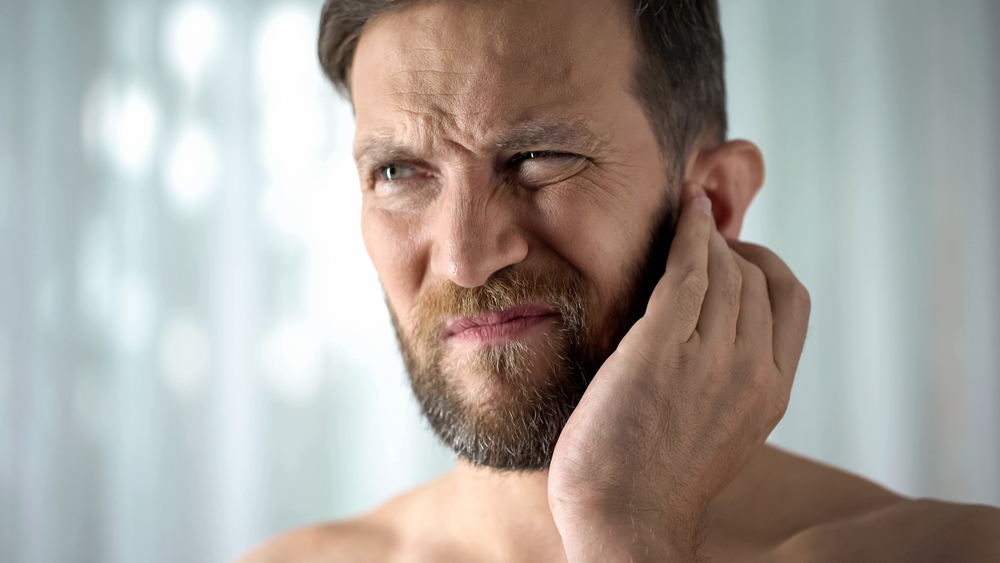Experiencing an itch in your inner ear can be highly uncomfortable and distracting. While your instinct might lead you to use your finger or a small object to scratch the itch, it is crucial to understand the underlying cause first. Identifying the root cause of your ear itch will help you determine the safest and most effective method to address it.
What causes itchy ears?
There can be a number of underlying causes of itchy ears. Depending on the causes, there are ways to help safely relieve it.
The role of earwax
Earwax, or cerumen, is a natural substance produced by your ears to protect and lubricate the ear canal. It plays a vital role in maintaining ear health. While an excessive buildup of earwax can hinder hearing and may necessitate removal by a professional, having too little earwax can lead to dry and itchy skin in the ear canal.
If you experience discomfort due to dryness, using a specialist-approved ear moisturizer can help restore balance and alleviate the itch.
The impact of swimming on ear health
Frequent swimmers often encounter itchy ears if they fail to take necessary precautions. Water, including that in chlorinated pools, can harbor germs and pollutants that might lead to ear infections. If water remains trapped in your ears post-swimming, it can cause conditions like swimmer’s ear or eczema.
Preventative measures, such as wearing a swim cap or using earplugs, can help keep your ear canals dry and reduce the risk of infections.
Allergies and itchy ears
Allergies, whether seasonal or due to certain foods or drinks, can contribute to an itchy sensation in the ears. This reaction occurs because histamines are released into the body during an allergic response, leading to itching.
To manage this, taking an antihistamine can help reduce the allergic reaction and subsequent itchiness.
Fungal infections in the ear
Fungal infections are another potential cause of ear itching. These infections can thrive in warm, humid environments and can also be a risk for regular swimmers. Keeping your ears dry is crucial in preventing fungal infections.
If you suspect a fungal infection, it is important to consult a specialist who can prescribe appropriate anti-fungal medication.
Dealing with insects in the ear
Although it is an unpleasant thought, insects can sometimes enter the ear canal, causing significant irritation as they try to escape.
To address this, you can use a bulb or ear syringe filled with a mixture of water and alcohol to flush the insect out. However, if you are unsure about doing this yourself, it is best to seek help from a specialist to safely remove the insect.
What are preventative measures for itchy ears?
Knowing how to prevent itchy ears can save you from future discomfort. Here are some proactive steps you can take to maintain ear health:
- Keep Water Out: Use clean cotton balls to block water from entering your ears during showers or baths.
- Avoid Hard Objects: Refrain from inserting hard objects into your ears, as they can irritate the sensitive skin.
- Manage Allergies: Limit exposure to allergens that can trigger ear itchiness. Understanding your allergens and taking steps to avoid them can prevent the discomfort associated with itchy ear canals.
If you experience persistent or severe itching, it is always advisable to consult a professional, such as a hearing specialist or ENT doctor, to ensure proper diagnosis and treatment. Prioritizing ear health will not only alleviate the current itch but also help prevent future issues.
Find a professional near you for chronic or severe ear itch today.
